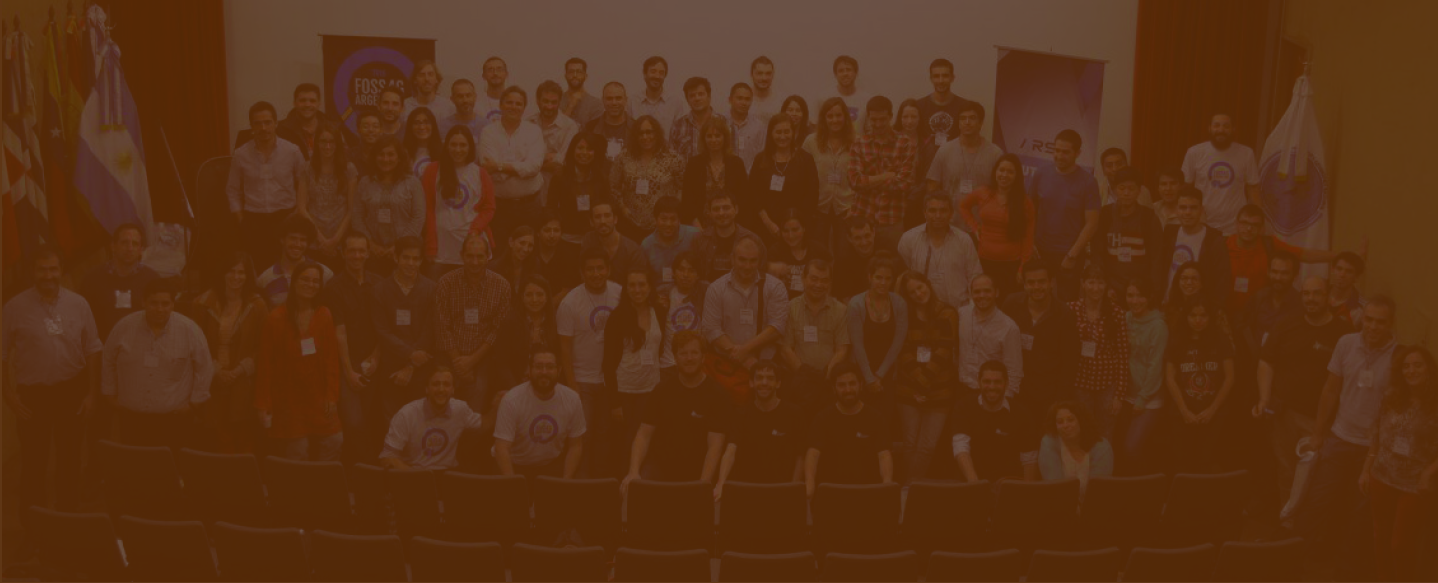Open EO Mapping of SDG Indicators at Refugee Settlements
Jamon Van Den Hoek, Hannah K. Friedrich
The global refugee population has never been as large as it is today with at least 26 million refugees living in over 100 countries. Refugee settlements are often thought to be a temporary solution, however refugees typically remain in asylum for over a decade. Despite their large population and lengthy residence, refugees are routinely excluded from national censuses and representative surveys, and have broadly been overlooked in SDG evaluations. Open EO data offer untapped potential for improving our knowledge of refugee settlement dynamics and SDG progress driven by refugee-led development intervention, productive relationships with nearby hosting communities, and external humanitarian relief. Since EO-based assessments of SDG indicators are often based on multiple geospatial inputs, there is potential for inappropriate or biased input data to lead to harmful data cascades and flawed interpretations. We must therefore be cautious about using available EO and geospatial data in data-scarce or otherwise complex settings with vulnerable populations. Building on NASA GEO Human Planet-funded research, this workshop offers a primer on SDG mapping in refugee settlements with a focus on SDG 11 (Sustainable Cities and Communities) and SDG 15 (Life on Land) using a case study of three refugee settlements in Uganda and Google Earth Engine. We will discuss the need for refugee inclusion in SDG progress and monitoring efforts, provide an overview of relevant EO and EO-based geospatial datasets for mapping SDG 11 and 15 indicators, and guide participants in interrogating remote SDG assessments in refugee settlements.
Group on Earth Observations 2

